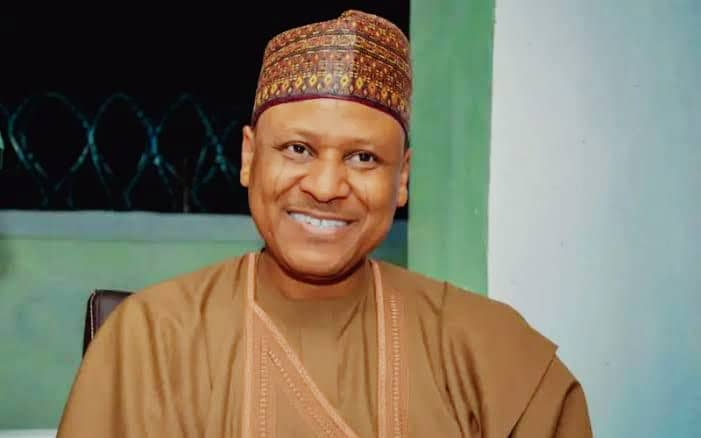The Minister of Information and National Orientation, Mohammed Idris, has restated the Nigerian government’s commitment to upholding the principle of press freedom, urging media professionals to exercise their freedom with the utmost sense of responsibility.
Idris made this assertion during a courtesy visit by senior executives of the Centre for Media and Society (CEMESO) to his office in Abuja, Nigeria’s capital.
He emphasised the importance of the media industry in assisting the government to achieve its objectives, stating, “While we drive press freedom, we should also carry along with it the responsibility for the media to discharge its duty creditably, honestly, and transparently. You cannot report what is wrong and say you are doing press freedom. That is unacceptable.”

According to the Minister, press freedom is fundamental to a thriving democracy, and the government recognises the vital role of a dynamic media landscape in promoting democratic ideals.
He reaffirmed President Bola Ahmed Tinubu’s commitment to press freedom, emphasising that Tinubu himself emerged from a climate of press freedom and would not suppress it.
Idris condemned the deliberate dissemination of misinformation and inflammatory reports aimed at sowing discord and promoting anarchy, cautioning that such actions undermine the fabric of society.
He warned against willful abuse of the Freedom of Information Act while pledging to collaborate with stakeholders to ensure compliance with its provisions.
Responding to a request by the Centre for the review of certain constitutional sections perceived to impede press freedom, the Minister assured collaboration with the National Assembly to effect positive changes.
Dr. Akin Akingbulu, Executive Director of the Centre for Media and Society, commended the Minister for transforming the Ministry’s narrative since assuming office, noting a positive shift in the information sector’s trajectory.
Dr. Akingbulu called for constitutional amendments to facilitate effective exercise of the right to freedom of expression, particularly for media practitioners.
He proposed relocating Section 22 from Chapter 2 to Chapter 4 to make it enforceable and amending Section 39 to expressly include freedom of the press, crucial steps towards fostering a conducive environment for professional media practice and democratic governance.


